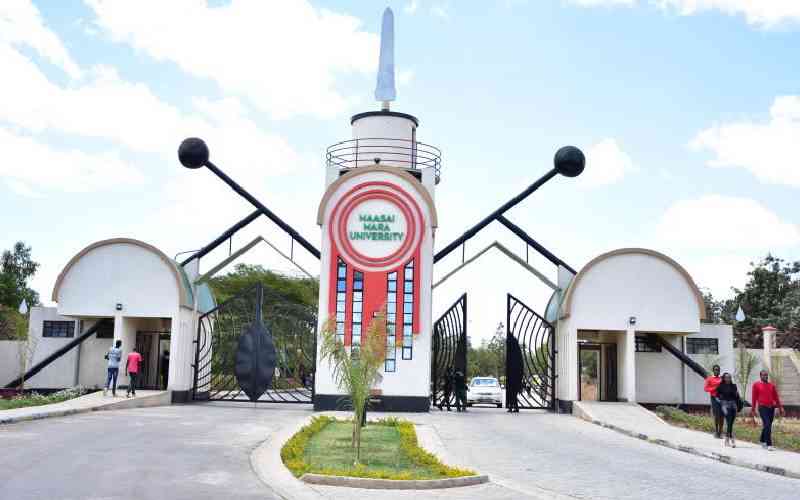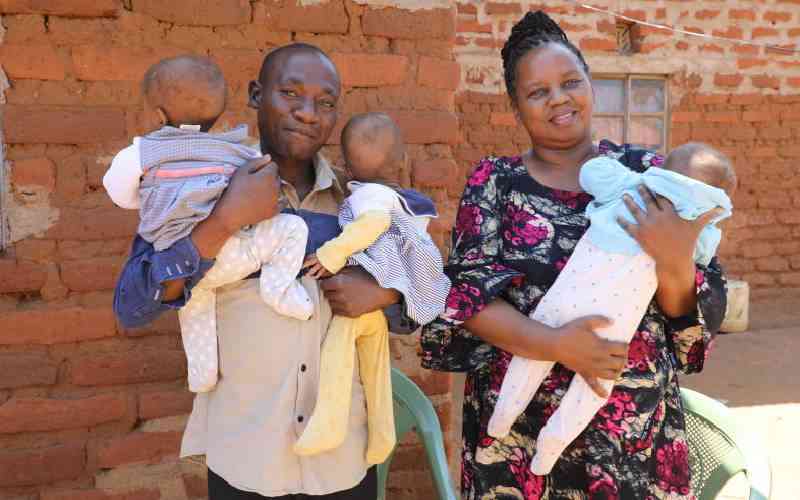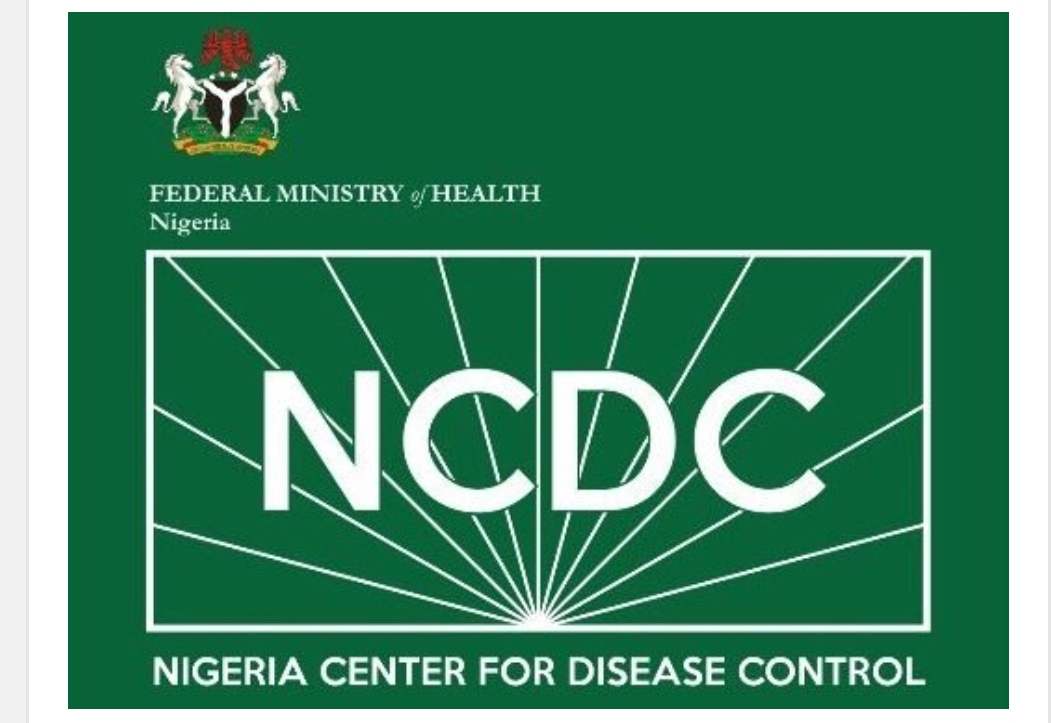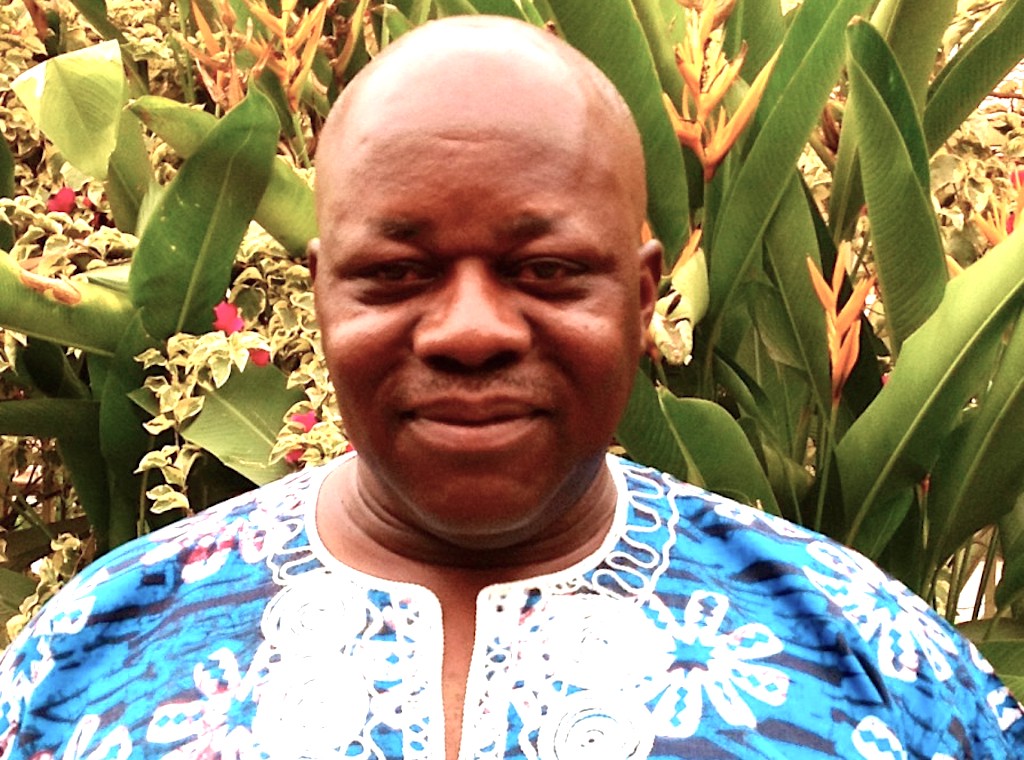This week, a former National Vice Chairman (North-West) of the ruling All Progressives Congress (APC), Comrade Salihu Lukman, announced one of our worst-kept secrets – that there are ongoing negotiations by opposition politicians to establish a coalition against President Bola Ahmed Tinubu and the APC for the 2027 elections. He was reacting to a recent comment by former Vice President Atiku Abubakar that he and some opposition leaders in the country have formed a coalition to unseat Mr Tinubu in 2027.
The context was the concern by opposition politicians to President Bola Tinubu’s declaration of a state of emergency in Rivers State. The concern is that if the president is allowed to get away with a patently partisan declaration of a state of emergency, he might repeat same in other states where he has a problem with the opposition and might seek to uproot them through such stratagems.
The opposition is concerned because it appears that the ruling APC is succeeding in destabilising their parties which are being remotely pushed into crisis mode. Today, the PDP, Labour Party and NNPP are all in deep crises. The same is true of some of the smaller parties. Meanwhile, the ruling party is using its vast financial resources and the dangling of appointive positions to tempt leading opposition players to switch camps. Is there a master plan to deny the opposition political platforms to contest elections?
In his statement, Comrade Lukman also drew attention to their fear that the Independent National Electoral Commission (INEC) appears to be destroying the legal basis for any party to qualify to field candidates for 2027 other than the ruling APC. They are frustrating attempts to register new political parties. He said many groups, including coalition members, have filed for political party registration but are not getting processed. “For reasons best known to INEC, these applications are being frustrated. The only conclusion that can be reached in the circumstances is that INEC has decided that it will not register new parties,” he said.
Finally, many of the existing registered parties that did not meet the electoral threshold of winning any seat in the last general elections face the threat of deregistration in accordance with the law. This means the scope for platforms to contest elections is being narrowed dramatically.
What is clear is that the current ruling party has learnt considerably from the playbook of the Second Republic. At that time, the ruling National Party of Nigeria (NPN) generated crisis in the other parties – PRP, NPP, GNPP and UPN – and they also poached their cadres and leaders. In addition, they often succeeded in getting the Federal Electoral Commission (FEDECO) to recognise the weaker faction of the party as the official structure thereby weakening their capacity to keep their areas of support. Finally, they appointed Federal Sole Administrators in all states. In Hausa, they were called – “ka fi gwamna”, meaning ‘you are stronger than the governor’, to destabilise opposition states under the guise of supervising federal projects.
The harassment of the opposition parties by the NPN government in 1979-1983 was much worse than what we have today. The NPN fully expected that by muzzling the opposition, the 1983 election would be an easy take. It was not.
As the elections approached, it became clear that the landslide they were expecting was an illusion. They, therefore, resorted to massive rigging to produce the landslide they wanted, and that precipitated the December 1983 military coup that terminated the Second Republic.
The reason that the NPN lost popular support was the feeling among citizens of unfair politics being played against the opposition parties. There was deep anger within the people that the rules of the game had been thrown away and politics had become an expression of federal might being transformed into federal bullying and, believe me, Nigerians hate bullies.
What is new about the political process is the massive use of money for votes, which might help the APC with its huge war chest. My view is that when people have a strong fear of injustice by a political system that is ready to bribe them so that they will never have a say in politics again, vote buying could meet its Waterloo. The current administration is so systematic about taking over every facet of national life for its self-aggrandisement, state capture, that APC might discover that its current creed – the Nigerian that money cannot buy can be bought by more money – has its limits. When the stakes are too high, money has its limits as principles return to politics. The ruling party can buy most of the political class but cannot buy all. The people will seek those that stand for something beyond money and position.
Of course, the problem for the opposition is that virtually all its top players would be in the political game in the hope that they would emerge as the presidential candidate. If they remain in that mould, they would make it easy for the destabilisation against them to work. It is up to them to create a viable platform to successfully challenge for power. In other words, if they do want a one-party state, they can sit and watch as it happens.










